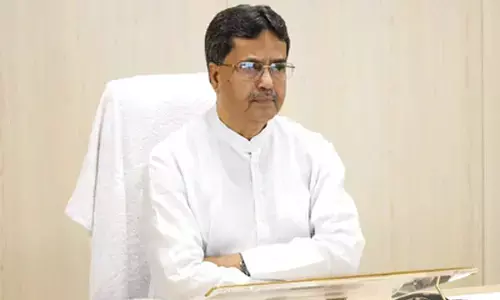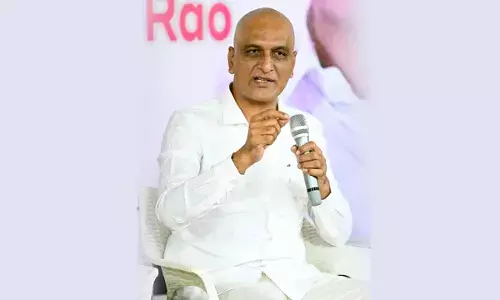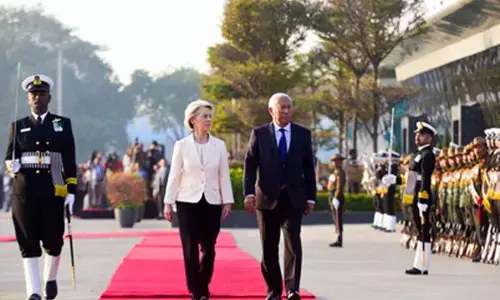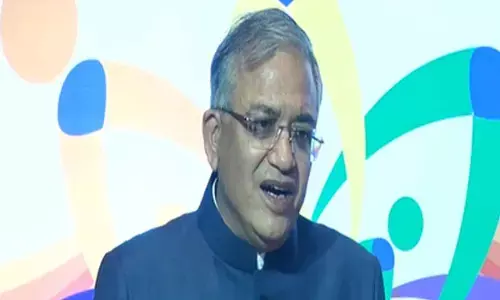How trust is key to accelerate economic recovery amid Covid
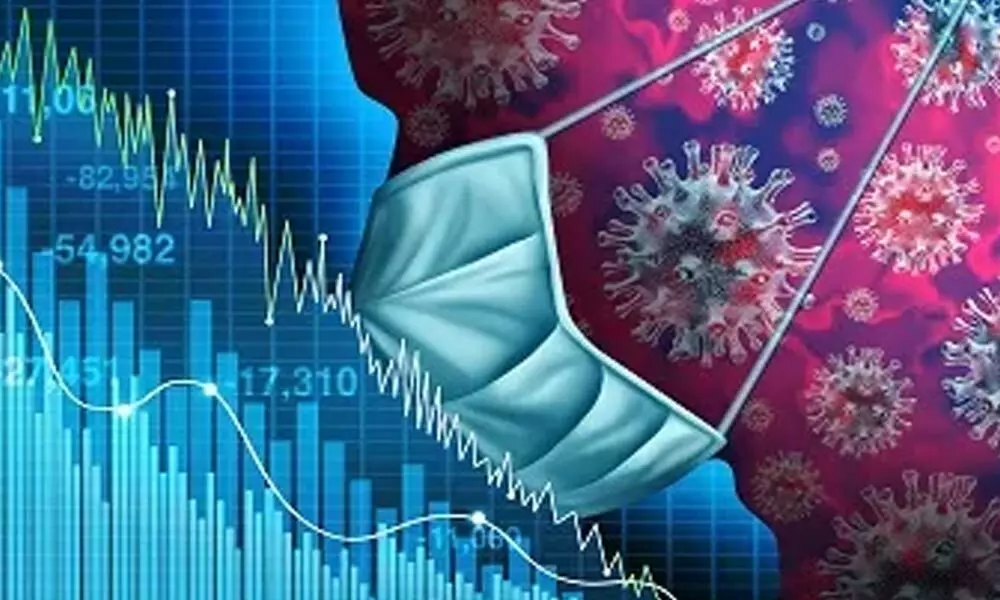
How trust is key to accelerate economic recovery amid Covid
‘Trust’ has been essential in creating an environment of cooperation, credibility and coordination. It is all the more necessary today to rejuvenate businesses and their capacities to deliver
With the Covid-19 pandemic disrupting all possible avenues in life, hopes are set for an economic resurgence to help people tide over the devastation and loss which have occurred in the wake of the viral spread. Yet, after several promises by governments and rhetorical optimism by various entities, an economic rebound seems to elude us. Where do we look for our possible contribution in an attempted revival then? The answer lies in a seemingly unlikely word - trust.
Tim Harford insightfully wrote for Forbes in an article fifteen years ago, "Trust operates in all sorts of ways, but above all, trust enables people to do business with each other. Doing business is what creates wealth." While trust has always been essential to knitting an environment of cooperation, credibility and coordination, it is all the more necessary today to rejuvenate businesses and their capacities to deliver. For instance, how are firms supposed to attract employees upon an unlock with the threat of the virus looming large? How are restaurants supposed to attract customers when they open up to provide dining experiences? How is business supposed to take place from both the side of the employees and customers in the new uncertainties of the present? The short answer again, is by building a scenario of trust, for transactions to take place.
In a 2016 World Bank working paper, economist John Helliwell and his co-authors argued that since social trust can potentially enlarge future incomes, it should be treated as a capital asset. The paper derived an income equivalent of social trust by using data from the Gallup World Poll, a survey conducted in 132 countries, to compare changes in the well-being levels associated with a change in income and trust levels and had remarkable findings - for example, in Sweden and Denmark, the income equivalent of social trust translated into asset values of more than 50 per cent of the existing national wealth. It is crucial to understand the vast economic differences trust can make and harness it accordingly.
Trust is shouldered on communication, transparency and security and all of these are indispensable in the co-Covid world. Crucial information shared in time, details being fleshed out for credibility and the safety of individuals being guaranteed have all been part of an endorsed, safe way of life during the pandemic. The same need has to be built into the foundations of business to galvanize trust. Businesses must endeavour to create an informational highway that keeps the employees aware of the risks and benefits of, and protections in doing their jobs and the clientele, in tune with the same with regards to the products they seek. This culture is easier to speak of than to achieve but several Asian countries have led by example.
As a May 2020 article by the Boston Consulting Group observes, the Western world can learn from Asian countries in terms of balancing transparency with privacy and ensuring trust. For instance, in South Korea and Taiwan, societies heavily invest in digital applications and consequently share more information than required through voluntary apps. This exemplifies that increased transparency can be ensured without breaching trust. While citizens made concessions on privacy during times of epidemics and crises, they did so explicitly, with a clear tradeoff on transparency in return, and with specific timelines on the more flexible privacy regulations. Furthermore, after the crisis, they still owned their data, which is demonstrated by the right to "be forgotten" in South Korea.
This example provides a worthy outline to go about trust in the heavily digitised and globalised present. Companies must remain committed to laying out what they are providing in exchange of what and governments must regulate these transactions with a view to protecting individual dignity, privacy and security. This is likely to have strong economic repercussions, as it enhances trust in the long run, enabling business. Other ways of increasing trust can be keeping consumers happy with additional perks during difficult times and suppliers satisfied with incentives. As the same article mentions, while ASUS extended the product warranty for its products by 30 days, Samsung provided more than $2 billion in no- or low-interest loans to suppliers affected by the Covid-19 crisis. These are ways to bolster and sustain trust in the long run, keeping businesses afloat, thriving and credible.
Reliance on trust is a most necessary pathway to envision an economic recovery from the ravages of the pandemic and businesses and individuals must fashion ways to cement the same. While it is incumbent upon governments and firms to provide trustworthy services, it is also necessary for us to vigilantly engage in transactions and facilitate substantial networks of trust. An economic rebound is on the horizon, and trust, most crucially, can propel us to it.
(The author is Founder, Upsurge Global, and Senior Advisor, Telangana State Innovation Council)









